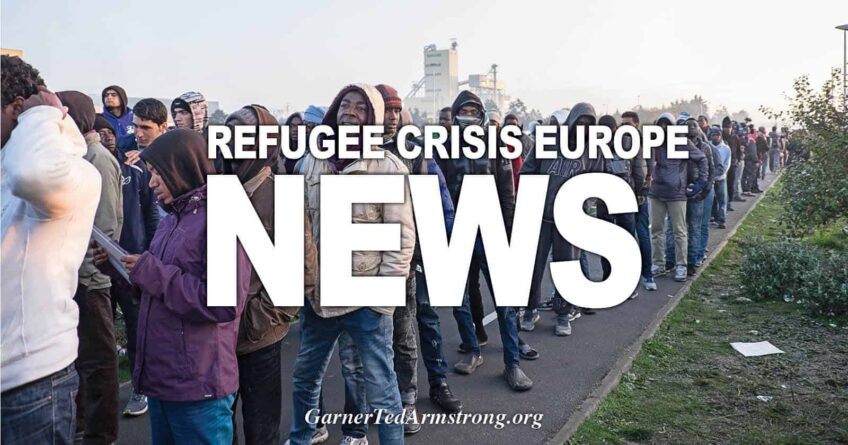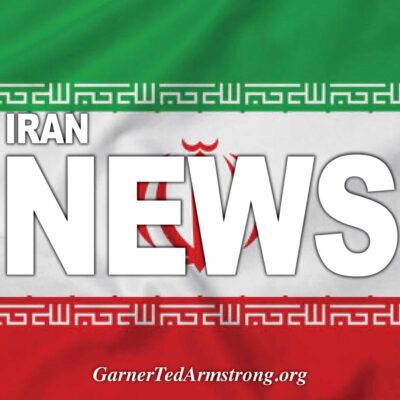
David Miliband is president and CEO of the International Rescue Committee, the US-based global relief organisation he joined in 2013, following his resignation as the Labour MP for South Shields. Miliband, a former environment secretary and foreign secretary, had hoped to lead the Labour party but in 2010, his brother, Ed, beat him in the leadership election. He lives in New York with his wife and two sons, and has just published a book Rescue: Refugees and the Political Crisis of Our Time. It begins with a brief account of the stories of his parents, who came to Britain as refugees from Nazi Europe.
You’re in Jordan, visiting Syrian refugees. What’s your view of the ongoing situation there?
The best testimony is not from me, but from the people I’ve talked to. A lot of them come from Daraa, where civil war started. Their relatives tell them it’s still dangerous, and that they can’t go back. What struck me as I went over the maps with our analysts is that the areas of the country where the Syrian government is not in control are substantial. Our message is that the war is still going on. I know it’s being written up in the western media that it’s over and that Assad has won. But a variety of factions continue to govern Syria and to withstand the government. The prospects for civilians are bleak.
Your book bulges with statistics about the refugee crisis. If you could pick just one, what would it be and why?
It would be that the average duration of displacement for a refugee is 10 years, and that once someone has been outside their own country for five years, that figure rises to 21 years. This demands a complete change in the humanitarian system. We have to recalibrate our vision: aid in the 21st century is about helping people to thrive as well as survive. This means providing education and employment, as well as food aid.
Politicians can be somewhat detached, not to say grand. Has leading the IRC made you more humble?
When I met [in 2009] Tamil women in the Jaffna peninsula in Sri Lanka whose husbands had been taken from them [“for screening”], that was humbling. But talking to women in a similar position on the Syrian border today was equally humbling. My reaction was the same, even though on the first occasion I was foreign secretary, and on the second I was working for an NGO. Hopefully, I’m someone who’s learning all the time. The upside of an NGO job is that you deal in human stories, and that you have more entrepreneurial freedom; the downside is that you have less power than a government. It’s a trade-off.
In your book, you’re straightforward about the Iraq war and your regret at having supported it.
Yes. I’ve said many times that I regret Iraq, but it’s good to put it there for people who have an image of me as this unbending person. It’s important to front up where you think you made mistakes and in an unvarnished way. But I try to make the point that one should do so without getting into this revisionist history that says everything Labour did was bad. The failure of Labour people to defend their own governments hands power to the Tories.
You say that living in New York lends perspective to events in the UK. How do you see the current political situation?
My analysis is that this is a national crisis. There is an aspect of national humiliation associated with what is going on. The triggering of article 50 was so monstrously premature. We’re sitting on a grenade with the pin pulled out. I don’t see any rainbow at the end of this. The truth is that the EU is a civilising force in international life. Jacques Delors’s great achievement was to make sure that the only kind of Europe was a social Europe. That’s why I’m increasingly clear that the only kind of Brexit is a hard Brexit. What Brexit means is creating divergence from European standards. That process can only be hard, and it will be most painful for many of the people I used to represent.
What do you make, then, of the fact that so many supposedly pro-Remain Labour MPs are determined now to respect the “will of the people”?
It’s a very British thing to think that if you order a meal and then don’t like the look of it, you’ve got to eat it. I’ve lived in New York for four years and, frankly, if you order a meal here and it looks a bit rancid, you send it back. You don’t grit your teeth and poke at it with your knife and fork. New information is coming to light about Brexit every week, from lorry queues in Dover to peace in Northern Ireland. We cannot close our eyes to that.
You recently accompanied your mother, Marion, to Hailfingen in Germany, to the site of a concentration camp where her father, David Kozak, died in 1945. What are your feelings about that experience?
It made me feel lucky. I wouldn’t be here if it hadn’t been for the extraordinary heroism on the part of the people who saved my mother [during the war, a Warsaw family took her in]. The kindness of strangers is one of the themes of the book, and it couldn’t be more graphically illustrated by my mother’s story. I felt humbled, obviously. I felt the passage of time. I felt real admiration for the Germans who are determined to find out the truth [David Kozak’s fate only came to light this year, thanks to research by a German historical society]. The truth doesn’t repair the past, but it can liberate it. It doesn’t provide atonement, but a foundation on which to move forwards.
Is antisemitism on the rise?
The truth is, I don’t know [about the UK]. But one should proceed on the basis that there’s no room for complacency. It’s a terrifying thought that 70 years after the second world war it should be present at all, never mind increasing.
Is your plan one day to return to British politics?
I don’t know what I’m going to do next! Maybe I need career counselling. I do know that professional fulfilment for me means doing things that make a difference.
How are things with Ed? Do you listen to his new podcast? It’s quite good.
I’m glad his podcast is good. He told me he was doing one. Look, we’ve always been brothers, and we made a resolution never to say anything in public that would undermine that, and never to say anything new either. I last chatted to him in Germany two or three weeks ago.
This conversation has been rather serious. What was the last unbridled thing you did?
[Thinks for ages] In the summer, we decided to go off grid in Yosemite. Not just off the internet, but electricity, too. We had an RV [an American motorhome]. Ha! Now I can hear surprise in your voice.
Did you see any bears?
We saw a family of bears, actually, though they were quite small ones. But we didn’t talk to them. I mean, I didn’t try to get them to join the IRC or make a donation, or anything.
• Rescue by David Miliband is published by Simon & Schuster (£8.99). To order a copy for £7.64 go to guardianbookshop.com
• Guardian Live event: David Miliband in conversation, 19 November, 5-6.30pm, Emmanuel Centre, London SW1 (£20)
[Disclaimer]







